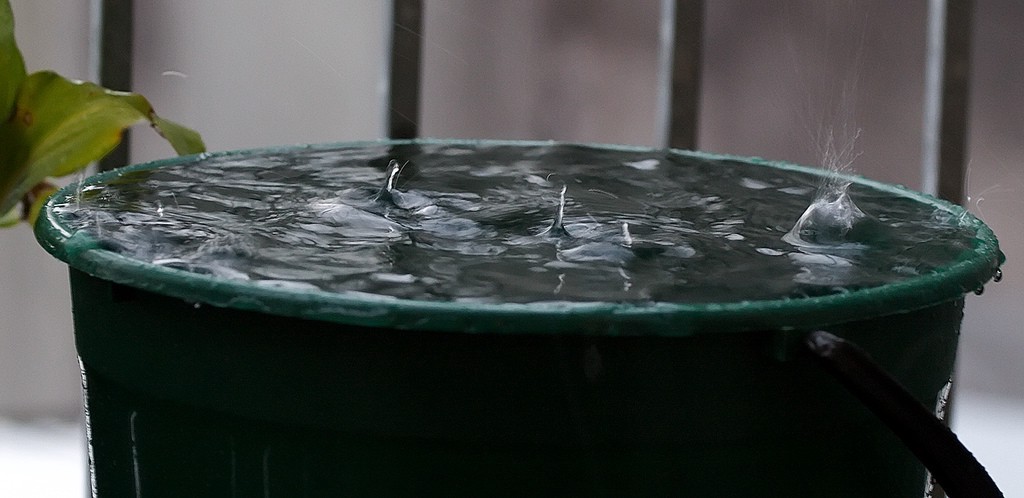Another Expert Is in Favor of Cash Liquidity
This time, the advice feels applicable to my life—so should I apply it?

I promise I will not keep sharing these. This will be the last one. But here we go:
Why this financial adviser thinks you should keep piles of cash handy
“My philosophy is ‘Cash solves a lot of problems and creates a lot of opportunities,’” [certified financial planner Brett Anderson] said.
Anderson suggests that clients save between 15 and 20 percent of their incomes, and that those savings should go towards three buckets: cash, a mixture of stocks and bonds, and long-term investment and/or retirement savings.
The difference between Anderson’s advice and some of the other liquidity-related advice I’ve been reading lately is that his advice feels applicable to me at my current level of wealth. Achievable. He tells MarketWatch that he advises clients to start by saving $25,000 as a “cash hoard,” which is something I might actually be able to do by the end of 2018. (It all depends on what happens in the rest of my life, but finance generally does.)
From there, I can start filling my other two buckets:
“It allows you to take greater risks with your other two buckets because you can absorb market losses with your cash bucket full,” he said.
Which sounds great. But I’m still stuck on why I’m seeing articles about financial liquidity right now. I’m tying red strings between these kinds of posts and, for example, The Hairpin’s interview with Kate Wagner of McMansion Hell (which is such a good blog, go read it):
When markets are good, people build houses that are huge. That’s why the average housing square footage has gone up yet again this year. When markets are good, people buy huge houses, and they’re not going to stop until that way of life is no longer sustainable financially, which means we run out of oil.
It doesn’t take too much reading between the lines to guess that we’re on an economic upswing that might be followed by an economic downswing, and having a bucket full of cash might become valuable at that point. (When I write that, by the way, I feel like a Cash Prepper. “Put your bucket of cash next to your bucket of food!”)
It’s also worth noting that, although my investments are up, my 403(b) is only getting a 4.4 percent return this year. My Roth IRA is at a 5.47 percent return, which is slightly better—and one more argument for me to convert my 403(b) into the Roth, I know—but neither of these are at the “recommended 6 percent return” we used to have.
So we’re in an economic upswing that doesn’t really feel like an upswing, not like the swings our parents used to build in the backyard where you could pick up so much momentum that the metal poles would come out of the grass. But we’d better gather our cash while we can, is what these experts seem to be saying.
I don’t know. Am I reading way too much into this?
I kinda want to save $25K now, though. I also still want to get into the short-term investing thing. They’re all on the list of Financial Things to Do—and at some point I just have to do them.
Support The Billfold
The Billfold continues to exist thanks to support from our readers. Help us continue to do our work by making a monthly pledge on Patreon or a one-time-only contribution through PayPal.
Comments